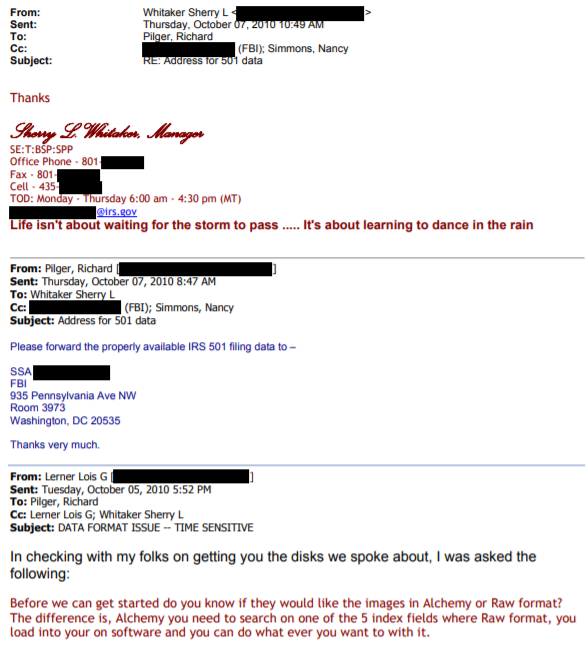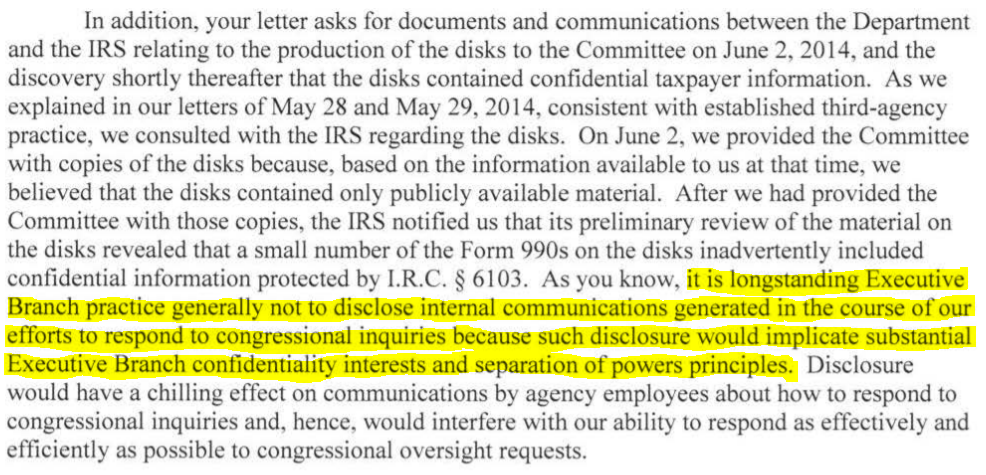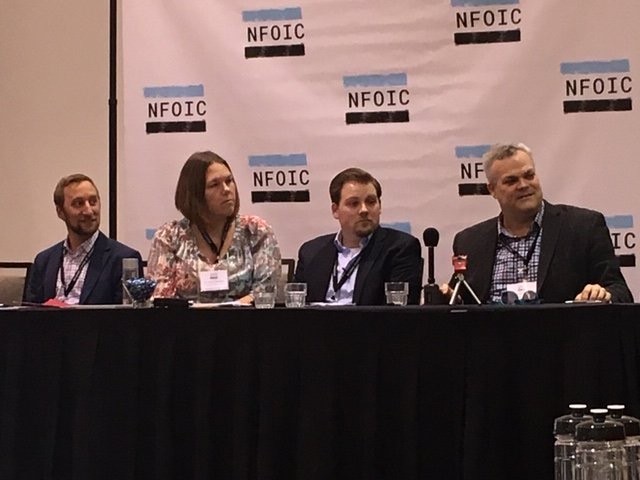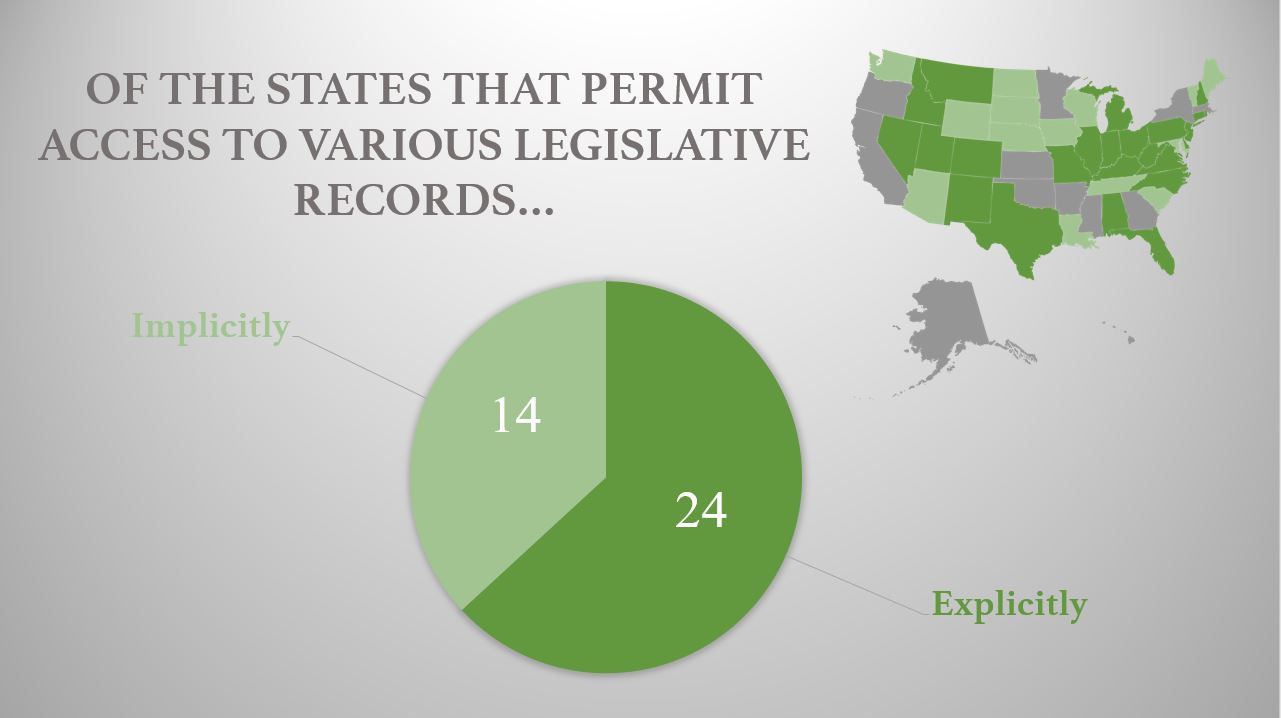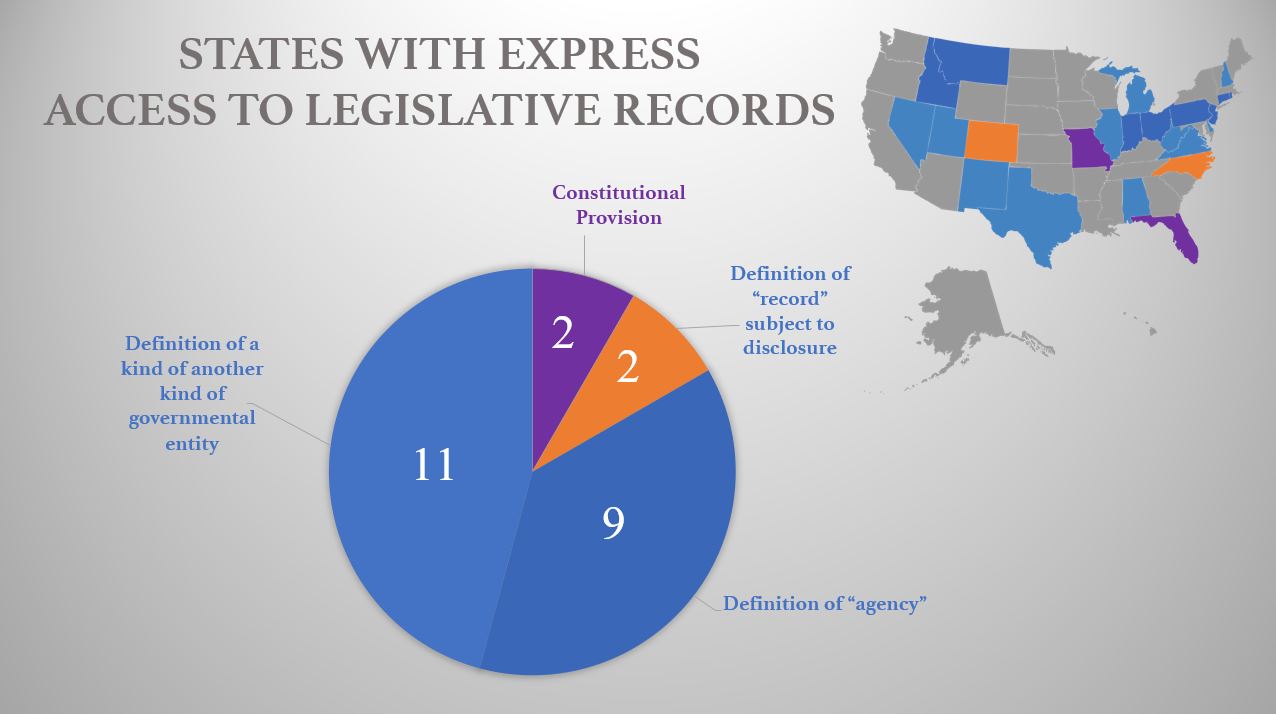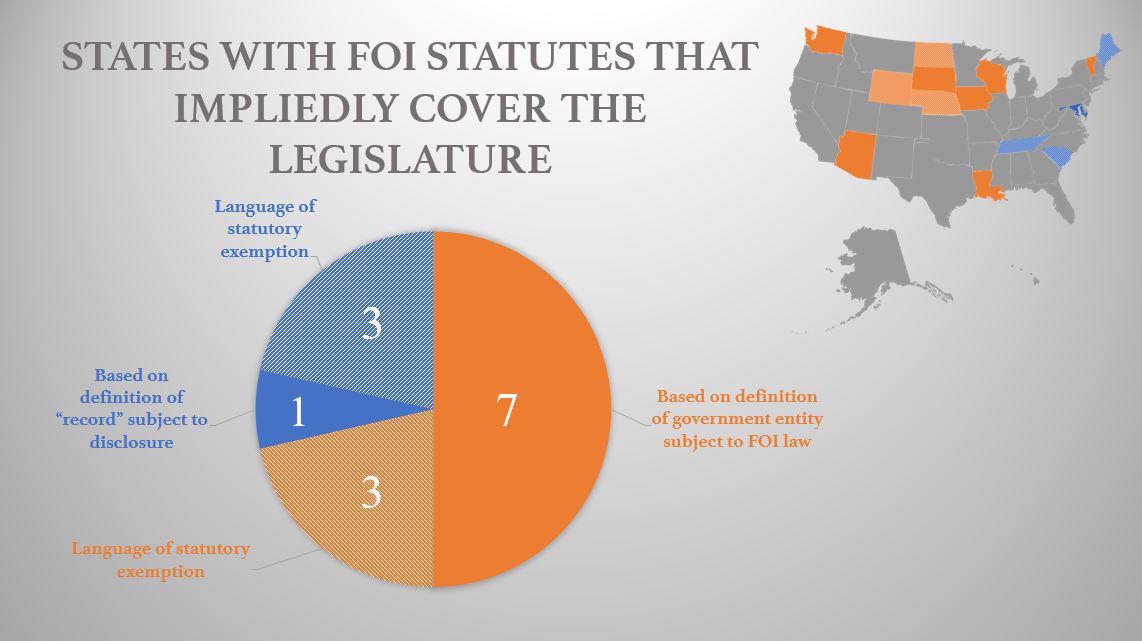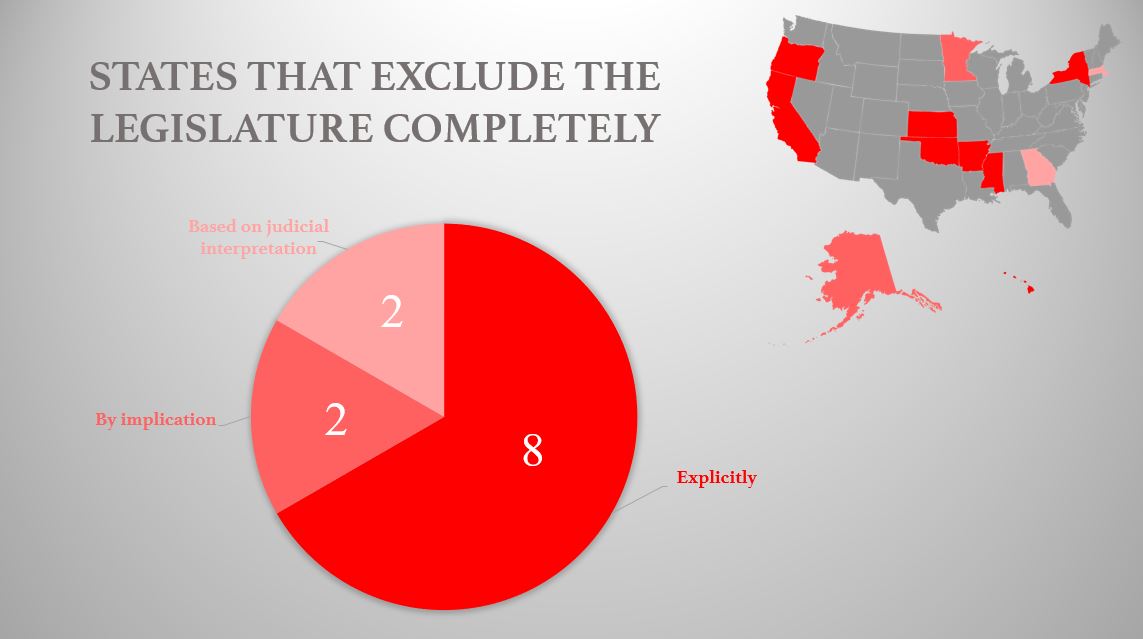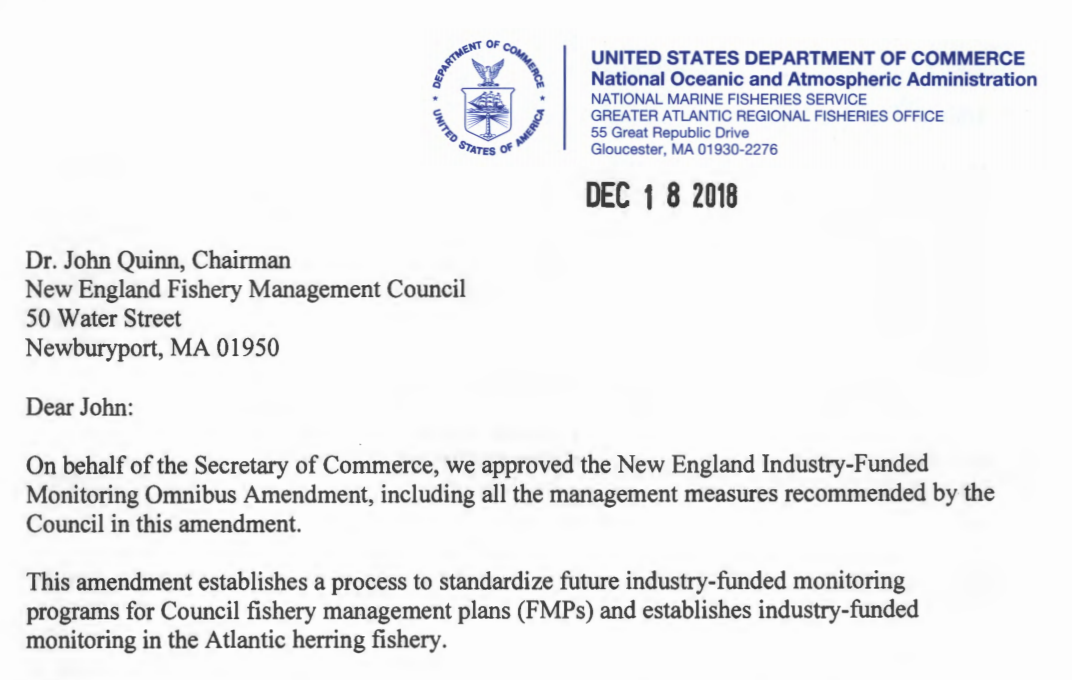The Institute of Museum and Library Services (“IMLS”) finalized a rule today implementing revised Freedom of Information Act (“FOIA”) regulations that incorporates an important revision proposed by Cause of Action Institute (“CoA Institute”) in a comment submitted to the agency in January 2019. The IMLS is a small agency that provides federal support to libraries and museums across the country in coordination with state and local government.
CoA Institute made several recommendations in response to the IMLS’s proposed rulemaking. Most importantly, we urged the agency to remove outdated “organized and operated” language from its definition of a “representative of the news media.” That language has been used in the past to deny news media requester status—and favorable fee treatment—to government watchdog organizations, including CoA Institute.
In 2012, we sued the Federal Trade Commission, and took our case all the way to the D.C. Circuit, just to get the agency to acknowledged that its FOIA fee regulations were outdated and that it had improperly denied CoA Institute a fee reduction by relying on the “organized and operated” standard. In deciding that case, the D.C. Circuit issued a landmark decision in 2015, which clarified the proper fee category definitions and application of fees in FOIA cases. We cited this case to the IMLS and the agency took heed of the controlling case law, removing the outdated “organized and operated” standard from its final rule.
CoA Institute also asked the IMLS to remove language directing its FOIA officials to read agency regulations “in conjunction with” fee guidelines published by the White House Office of Management and Budget (“OMB”) in 1987. Portions of the OMB guidance, which are the source of the “organized and operated” standard, are no longer authoritative because they conflict with the statutory text, as amended by Congress, and judicial authorities, including Cause of Action v. Federal Trade Commission.
Continued reliance on the OMB guidelines is a source of confusion. In 2016, the FOIA Advisory Committee and the Archivist of the United States both called on OMB to update its fee guidelines. CoA Institute also filed a petition for rulemaking on the issue, and is currently litigating the matter in federal court. Although the IMLS has decided not to alter its reference to the OMB guidelines, the fact remains that no agency can rely on OMB’s superseded directives.
Since the passage of the FOIA Improvement Act of 2016, CoA Institute has commented on twenty-seven separate rulemakings. Of the twelve interim or proposed rulemakings that have been finalized, CoA Institute has succeeded in convincing nine agencies to abandon the outdated “organized and operated” standard in favor of a proper definition of “representative of the news media,” including the following:
- Department of Homeland Security
- Office of Special Counsel
- U.S. Agency for International Development
- Amtrak
- U.S. Postal Service
- Consumer Product Safety Commission
- Securities and Exchange Commission
- Presidio Trust
- Millennium Challenge Corporation
Other agencies, including the National Credit Union Administration and the Federal Reserve, chose to defer CoA Institute’s recommendations and have promised to propose further revisions in the near future to address outstanding fee issues. A small minority of agencies, which published direct final rules, have failed to acknowledge the continued deficiency in their regulations.
CoA Institute’s successful comment to the IMLS is another small step in our efforts to provide effective and transparent oversight of the administrative state and, more specifically, to ensure agency compliance with the FOIA.
Ryan P. Mulvey is Counsel at Cause of Action Institute

